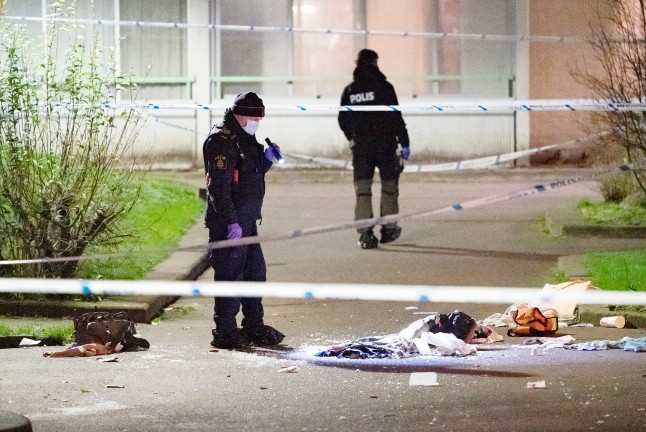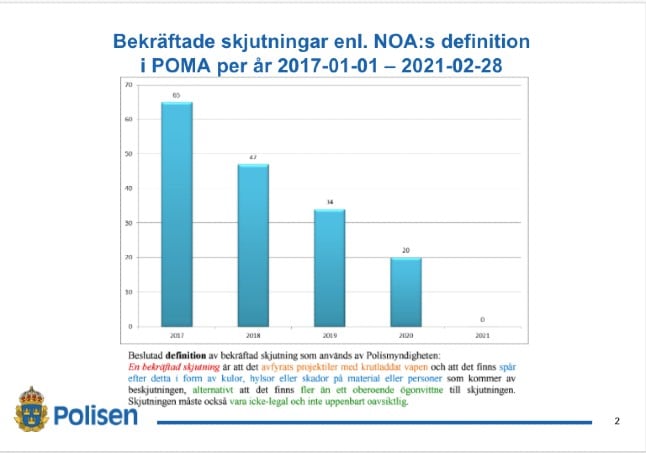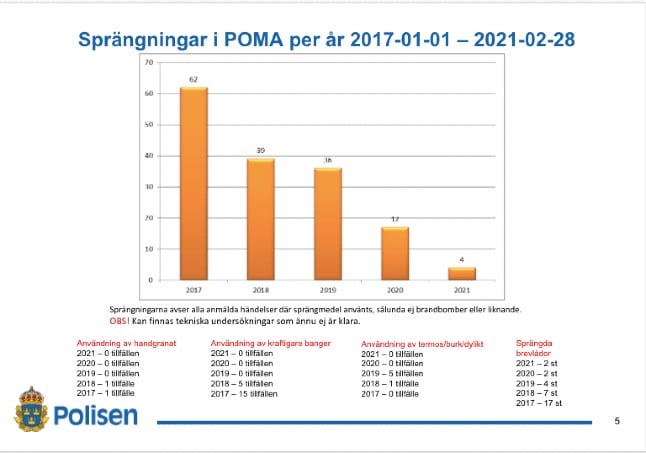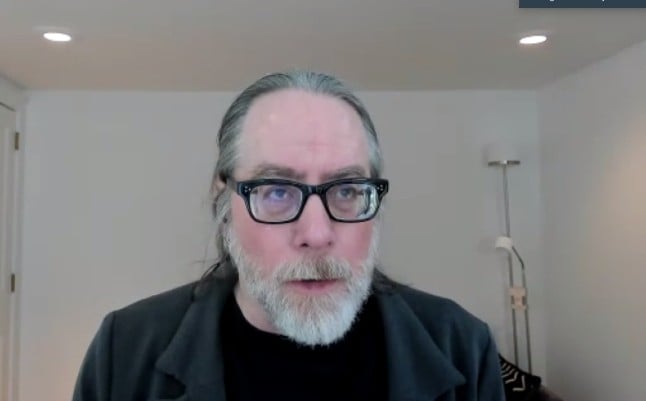”To commit this kind of rape attack in a park environment there must be some sort of mental disturbance and if it happens once it can happen again. That is why it is vital that we catch him,” said Mats Attin of the Malmö police to local paper Skånskan.
The rape had taken place among some bushes in a Malmö park. Police had received a call shortly after 11pm on Saturday night and the woman was taken to hospital in a state of shock.
”The woman had been cycling along when a masked man pulled her into a shrubbery,” said Helena Ralsmark of the Skåne police to the paper.
The area was cordoned off by police and a forensic investigation came under way on Sunday.
”We still don’t know what has come out of that,” said Attin to Skånskan.
According to police, the man was wearing dark clothing and is believed to be between 20 and 40 years of age. He was wearing a mask at the time of the attack.
Police are also eager to get in contact with a man walking his dog, spotted in the area shortly before the rape. At this point he is not a suspect, but police believe he may have observed something that could help their investigation.
Rapes that are carried out by an unknown attacker are otherwise notoriously difficult to investigate, according to police.
The Malmö police also told the paper that the weekend’s attack was reminiscent of those carried out by serial rapist Niklas Lindgren, called the ‘Haga-man’ after the district in Umeå in which he preyed upon his victims.





 Please whitelist us to continue reading.
Please whitelist us to continue reading.
Member comments